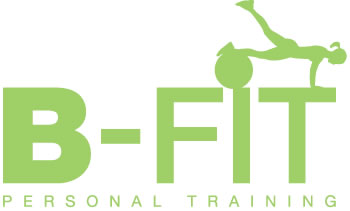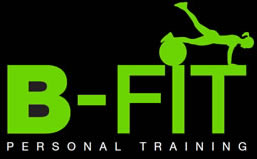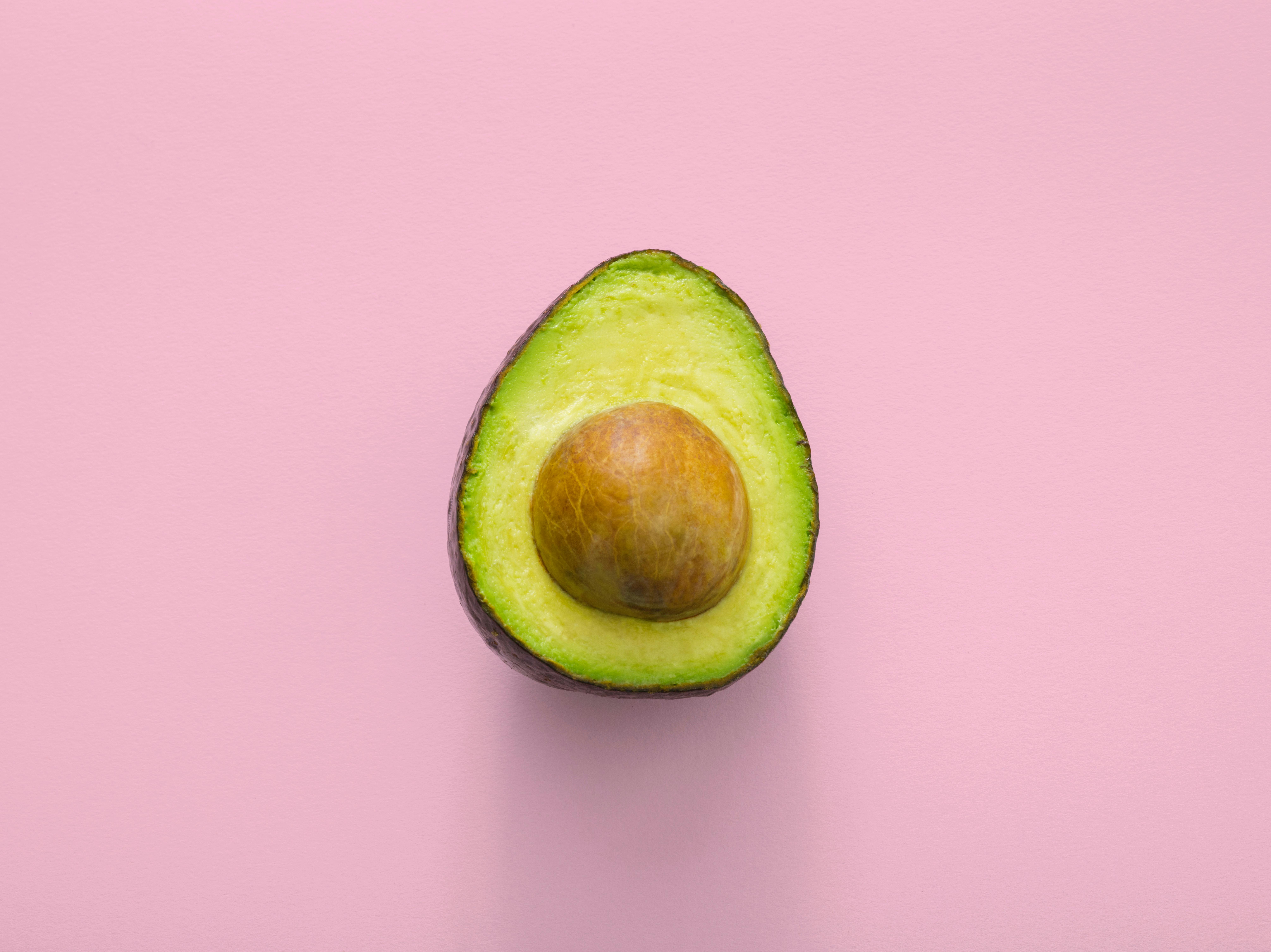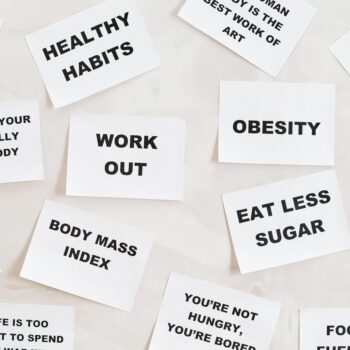If you’re perimenopausal or menopausal, then there’s something you need to know when it comes to cholesterol — what you’ve probably been led to believe by the media doesn’t give you the full truth. For instance, there’s a common belief that cholesterol is bad for you (which isn’t entirely true!) or that eating eggs will raise your blood cholesterol (they don’t!). So, what should you believe, especially when most of the research there is about cholesterol is not catered to perimenopausal and menopausal women, who have a myriad of other issues to deal with physically?
Navigating fluctuating hormones and shifting moods is one thing, but for many women, they also have to come to grips with rising cholesterol levels. As oestrogen levels decline during this transitional phase, unfortunately the risk of heart disease also increases, which makes it more important than ever to understand cholesterol and how to manage it naturally.
What Is Cholesterol Exactly?
You probably already know that cholesterol has something to do with fat — and you would be partially right. Cholesterol is a fatty substance that is found in your blood and it plays a vital role in building your cell membranes, producing your hormones (like oestrogen and progesterone) and helping you to digest food. However, an imbalance of blood cholesterol can increase the risk of heart disease and stroke, which has a potential to happen during perimenopause.
There are two primary types of cholesterol that you’ve probably heard of:
- LDL, which stands for Low-Density Lipoprotein. It is often referred to as “bad” cholesterol, because high LDL is believed to lead to plaque buildup in the arteries, which increases the risk of cardiovascular issues.
- HDL, which stands for High-Density Lipoprotein. HDL is also known as “good” cholesterol, because it helps remove excess cholesterol from your bloodstream by carrying it to the liver, the organ that filters toxins from your blood for disposal.
What you need to be aware of though, is that your cholesterol levels change during perimenopause, because oestrogen plays a protective role in cardiovascular health. As your oestrogen levels drop during perimenopause, your HDL levels will often decrease while your LDL levels increase. So, this hormonal shift will alter cholesterol balance, even before you make any changes to your diet or lifestyle. And this is why it’s crucial to monitor your cholesterol levels during this life stage.
So, What Should I Do?
Well luckily, there is good news, because there are plenty of natural ways that you can manage your cholesterol effectively. And it probably won’t surprise you that the main one is what you choose to put on your plate!!! The easiest way to eat for your hormones and your heart is to eliminate trans fat in your diet. This means any ultra processed food and snacks, and any baked goods and pastries that aren’t made with butter, but are instead made with margarine and seed oils like rapeseed (you would probably be surprised at how many breads and cakes include this toxic seed oil!!!). All of the above will worsen your cholesterol imbalance, so it is best to do without.
In addition, you should include more healthy fats in your diet, such as avocados, organic extra virgin olive oil, organic nuts, fatty fish like mackerel and organic coconut oil. These foods, especially the coconut oil, will help to lower your LDL and raise your HDL levels. And although farmed salmon is a fatty fish that is marketed as a being healthy (and even a superfood in some camps), it is anything but, even if it is certified as organic. But remember to steer clear of any faddy diets and be aware of your portion sizes.
You’ve also heard me say many times before that you should find some type of movement that you enjoy, so that you do it daily. This is because exercise becomes even more essential during perimenopause, not just for weight control, but also for maintaining healthy cholesterol levels. It is very common for weight gain to become an issue during perimenopause, due to the hormonal shifts and the slowing down of your metabolism, which increases LDL levels, so you should aim to do around 2.5 hours of moderate exercise each week, like brisk walking, swimming or cycling (which you can also mix up) and add another 1.5 hours of more vigorous activity like strength training and bodyweight exercises, which will not only support your metabolism, but also maintain your bone density.
And if you’re feeling stressed, then you’ll need to make some changes, because cortisol, the stress hormone, can raise your bad cholesterol levels, as well as promote the accumulation of fat — especially around the belly. So, if you haven’t done so already, now is the time to begin a mindfulness practice, which should include learning how to take deeper breaths, but could also include gentle movements like yoga or tai chi. Adding some guided meditation will also help, as well as spending time outdoors in nature or with people who don’t drain your energy — yes, this is very important!!! And when it comes to your favourite tipple, moderation is key, because excessive alcohol use will not only raise your HDL levels, but it also interferes with hormone regulation.
If you need some extra help, there are certain supplements that can help you to support healthy cholesterol levels along with the lifestyle changes mentioned above. For instance, Nature’s Sunshine Omega 3-6-9 Flaxseed Oil can be taken to support your heart, brain and joint health and contains nearly twice the omega-3 content of fish oil products.
CLICK HERE TO FIND OUT MORE ABOUT OMEGA 3-6-9 FLAXSEED OIL
Last, but not least, because your sleep can be disturbed during perimenopause, this can also contribute to weight gain, insulin resistance and cholesterol imbalances.
Therefore, you should aim for 7 hours a night by being in bed by 10pm and avoiding screens for at least one hour beforehand.
Need Extra Help?
Perimenopause is a powerful time of transformation and while it can bring on physical and emotional challenges, it’s also an opportunity to prioritise your long-term health. So, by making intentional choices around the food you eat, daily movement, your sleep patterns and stress levels, you can balance your cholesterol naturally, which will support your health for years to come. Still need extra help? Then don’t hesitate to give me a call on 07748 298 728 or CLICK HERE for a no-obligation confidential chat!!!
Love, Gaynor x





